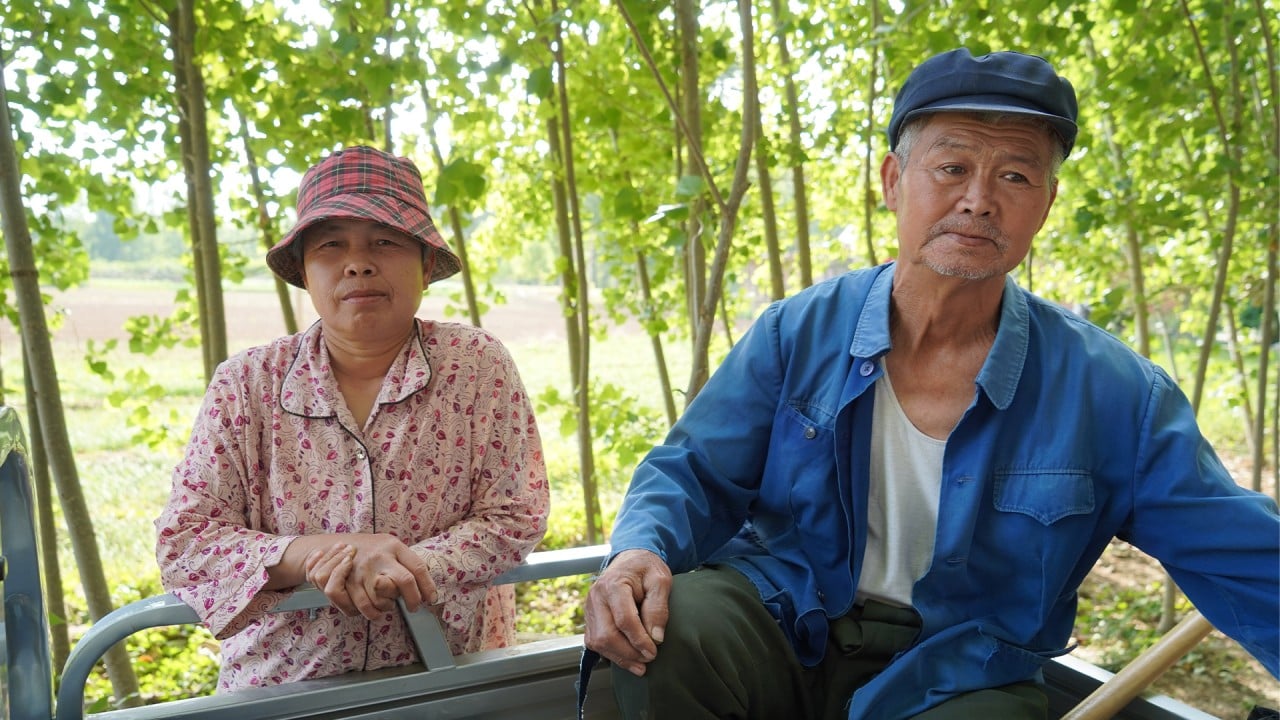
Reform of retirement policy is time-critical
- China’s rapidly ageing population means action is needed sooner rather than later as the country aims to adjust the retirement age for all to 65
The one-child policy accelerated China’s development. But the dividend of a low birth rate – a bigger workforce and more savings – came at the price of premature ageing of the population. As a result, retirement planning has overtaken family planning in little more than a generation. Policy debate on a complex issue began long ago.
It includes the idea of extending the retirement age from 60 to 65, a structural reform that would need to be introduced incrementally.
Ageing population presents ‘huge challenges’ to China’s social development
Reform should begin sooner rather than later. This would not only take account of longer life expectancy, but it would also buy time for the National Pension Fund to adjust to a fast-growing clientele.
As things stand, the fund will probably run out of money by 2035 as the population rapidly ages. A document issued by the Communist Party Central Committee in November confirmed that the government would put a retirement-age policy proposal into action soon.

05:41
Why China's elderly farmers can't afford to retire
Any reform of retirement policy is a big enough agenda. But it is far from simple. The retirement age is not universal. For women blue-collar workers, it is 50, and for others 55, instead of 60, creating several issues.
One is that they not only retire up to 10 years earlier, but tend to live longer in retirement. Most Chinese women could still have 30 years ahead of them at 50. Many prefer to continue working.
China mulls closing decades-old gender gap in retirement age
The pressure on the fund of women retiring 10 years earlier is huge. The big question remains how China can reduce the social and economic impact of an ageing population, including the cost of pensions and access to health care resources for the elderly.

02:19
China begins once-in-a-decade census to gather details about its 1.4 billion population
If the retirement age for everyone were extended to 65, the impact would ultimately be bigger, but so would the resistance of older workers to delaying much anticipated retirement.
If the retirement age for women were extended from 50 to 60, it would be a less challenging reform with a quicker positive impact on the economy.
Ultimately there are demographic and economic arguments to extend the retirement age for everyone to 65. Meanwhile, Beijing should consider intermediate steps that would yield early results.

